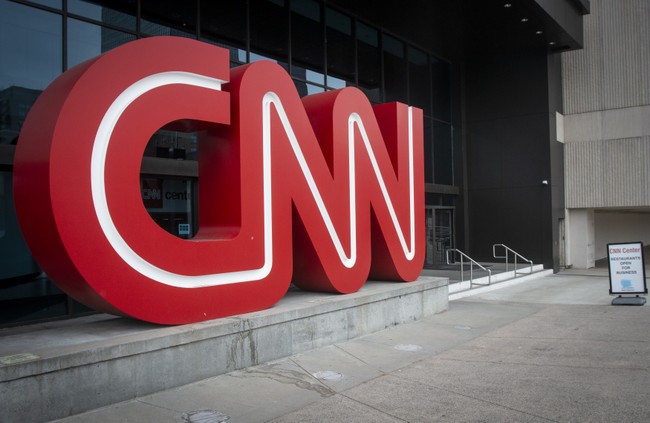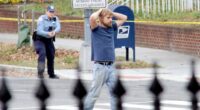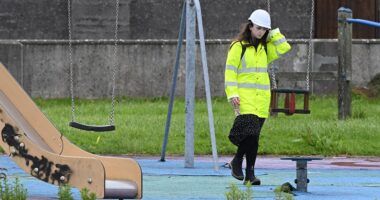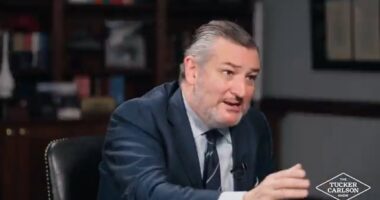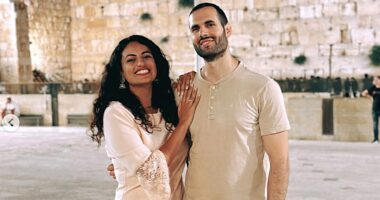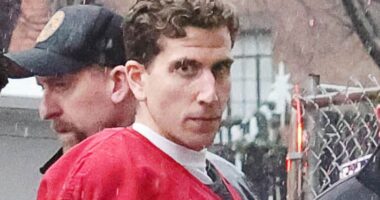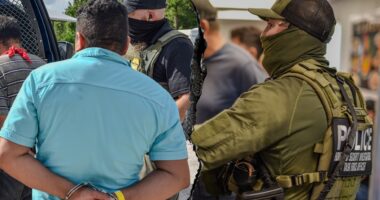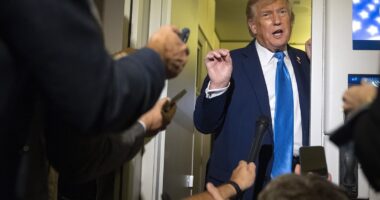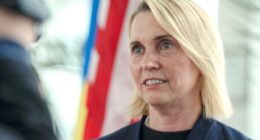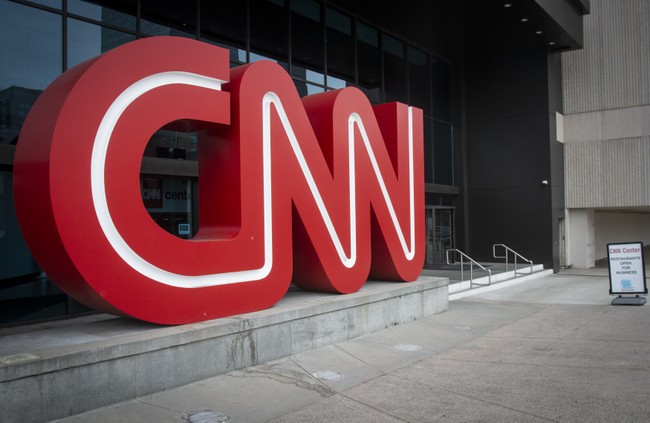
The ongoing defamation court case between CNN and military veteran Zachary Young in a Florida court started this week and has the potential to have significant outcomes. The case revolves around a report on the Jake Tapper broadcast where it was implied by reporter Alex Marquardt that Young was involved in illegal activities by operating a black market service to help Afghans escape their country during the chaotic U.S. extraction in 2021.
Zachary Young asserts that the CNN report misrepresented his legitimate business of assisting individuals in leaving dangerous areas by labeling it as a “black market” operation, which damaged his reputation and livelihood. This false portrayal led to Young facing difficulties in continuing his work. Evidence obtained during the discovery process suggested that there were issues with the accuracy of the reporting and potential malicious intent on the part of CNN. The network’s digital division even chose not to broadcast Marquardt’s report due to concerns about factual accuracy, and internal communications revealed a concerted effort to target Young specifically.
A Defamation Case Against CNN Moves Forward; Network Accused of Actions It Slammed Fox News for Taking
In pretrial hearings, CNN made several attempts to have the case dismissed, initially arguing that referring to Young’s work as “black market” did not necessarily imply illegality. However, when this argument was refuted by the courts, CNN shifted its stance, claiming that Young’s activities might be considered illegal under Sharia Law. This position was eventually abandoned after it was pointed out that Sharia Law was not in place in Afghanistan until a year after the CNN report on Young was aired.
Monday saw the trial begin, and the jury selection was showing to be an interesting process — and possibly a challenge for the network. Many prospective jurors expressed varying levels of distrust in the press. During the vetting process, there was a curious follow-up question for the pool after they had been asked how many had heard that CNN delivers fake news. CNN’s counsel asked the pool if they believed that the network’s political coverage was biased, only to follow up and inform the group the case was not one rooted in politics.
Thursday delivered some high drama, and for a spell, there was concern the trial may have ended right away. In pre-trial testimony, Zach Young had said after the CNN report he had been unable to work in his field and had not received payments regarding his work. CNN’s legal team introduced a document that showed Young had signed a contract with a firm, Helios Global, dated at a point after that report by Marquardt.
This sparked a contentious round of back-and-forth between the representatives, leading to a sidebar with Judge William Henry, and eventually, the jury was excused as the players hashed the details out. Young’s lawyers argued this contract had not been previously introduced and should be thrown out, as they had not asked for nor proffered this document even as the subject of Helios Global had come up during the discovery phase. CNN‘s team argued that the contract proved that Young had violated discovery requirements and stood as him defrauding the court. The judge became impatient with the behavior from both sides, and he called a recess to ponder what to do.
Upon his return, Judge Henry had a few pronouncements: The trial would, in fact, continue, and he said he would allow the document to remain, but chided CNN’s lawyers that no other surprise evidence would be tolerated. He also warned both sides that any further personal attacks between them would see him issuing fines. This development appeared to be playing into the hands of CNN, by casting character questions onto the plaintiff, but then Young took the stand to be cross-examined about this disputed service contract.
While CNN’s lawyer leaned on the dates and signature to establish it as a valid contract, things became clarified once Young’s lawyer asked for specifics during the redirect. Young explained that in his line of work, security clearances from the U.S. Government are required, and these are provided through government contractors; in this case, that was through Helios. The clearances, he explained, are to be updated on an annual basis. Said Young on the stand: “It’s not an agreement to do work… it’s just an administrative function.”
The plaintiff then explained that he has turned over seven years’ worth of his personal financial documents and at no point is there ever a payment seen from Helios Global.
Today’s process involved an expert financial witness to establish the loss of commerce for Young and his business, a general who has worked with contractors in Young’s line of work, and a psychologist to discuss the parameters of the emotional toll this process may have taken on Zachary Young. To this point, the melodramatics have been kept relatively low, with maybe the exception being CNN’s lawyer grilling the general about the prospect of leaving behind a hypothetical teenage girl to become victimized by the Taliban.
